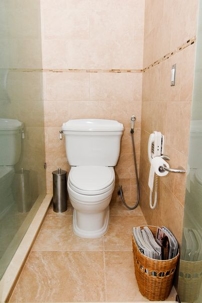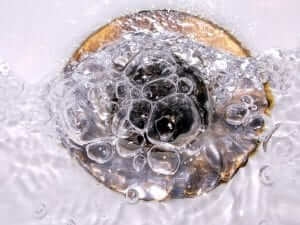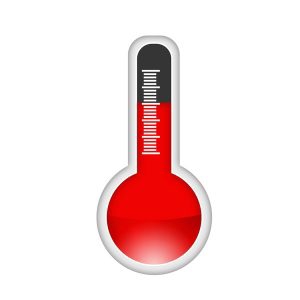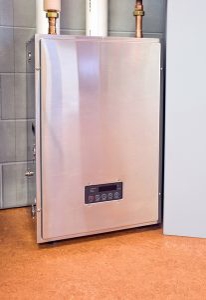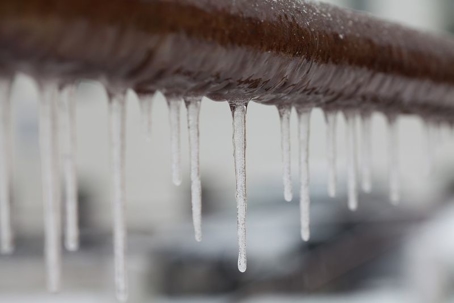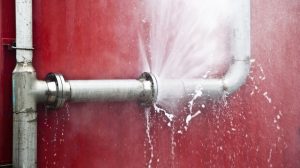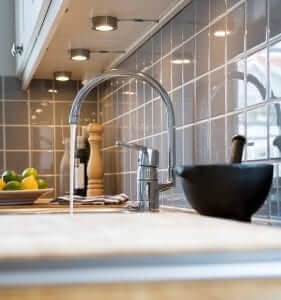Handling plumbing in bathrooms is a huge part of the job of any professional plumber. The reason is simple: there are more plumbing pipes and fixtures in a bathroom than in any other room in the house—including the kitchen. People are likely to notice bathroom plumbing issues soon after they start and move fast to have them fixed. That’s the right instinct. When you think you need a plumber in Rockville, MD to repair your bathroom’s plumbing, get in touch with us and we’ll get the job done. We offer 24-hour emergency service for your convenience.
What Causes A Toilet To Leak?
Speaking of emergencies … is your plumbing problem a leaking toilet? This is common trouble, and there’s no single source for it. We’re going to list some of the possible reasons this is happening to your toilet, but only a professional plumber can do a proper diagnose and fix the problem.
Leaky Gaskets
The rubber gaskets between where the tank is connected to the bowl can dry up and deteriorate over time.
- When this happens, water will begin to leak from the tank and flow down onto the floor.
- Plumbers can put in new gaskets to stop this.
- Loose tanks bolts are a similar cause of leaking.
Loose Feed Line
The feed line is the flexible rubber tube coming from the wall that delivers fresh water into the tank.
- If the line starts to loosen, it will mean escaping water.
- The frequent cause of this is a broken fill valve nut.
- Water can also start leaking from around the valve that shuts off the feed line in cases of emergencies.
Failed Wax Ring
Have you noticed the water leaking seems to be escaping from around the base of the toilet? In this case, the problem is a failed wax ring. The wax ring is the seal against water escaping from the pipe in the bottom of the unit. The ring can shrivel up with time.
- The only option to repair a failed ring is to have it replaced.
- A new ring doesn’t cost much, but the job necessary to replace it—unbolting and removing the whole toilet—is one you must to leave to a professional plumber.
Cracked Porcelain Bowl
Damage to the porcelain of the toilet bowl is a serious issue. If you notice any crack in the toilet bowl, even if you don’t see any leaking yet, call for a plumber immediately. In most situations, the only solution is to have the bowl—or the entire toilet—replaced.
Dangers Of Leaks
We want to stress how important it is to have plumbers repair a leaking toilet as soon as possible. These leaks not only waste water, but they can also inflict water damage to the bathroom floor.
- Water damage is expensive to remediate and creates mold and mildew trouble.
- Worst of all is that it weakens building material.
Toilets have even collapsed through floors because of water damage! Please don’t let your leaking toilet even close to that kind of disaster—put in a call to our plumbers and we’ll take it from there.
Mallick Plumbing & Heating Is the Service Contractor of Choice throughout Maryland, Virginia, and the District of Columbia.

